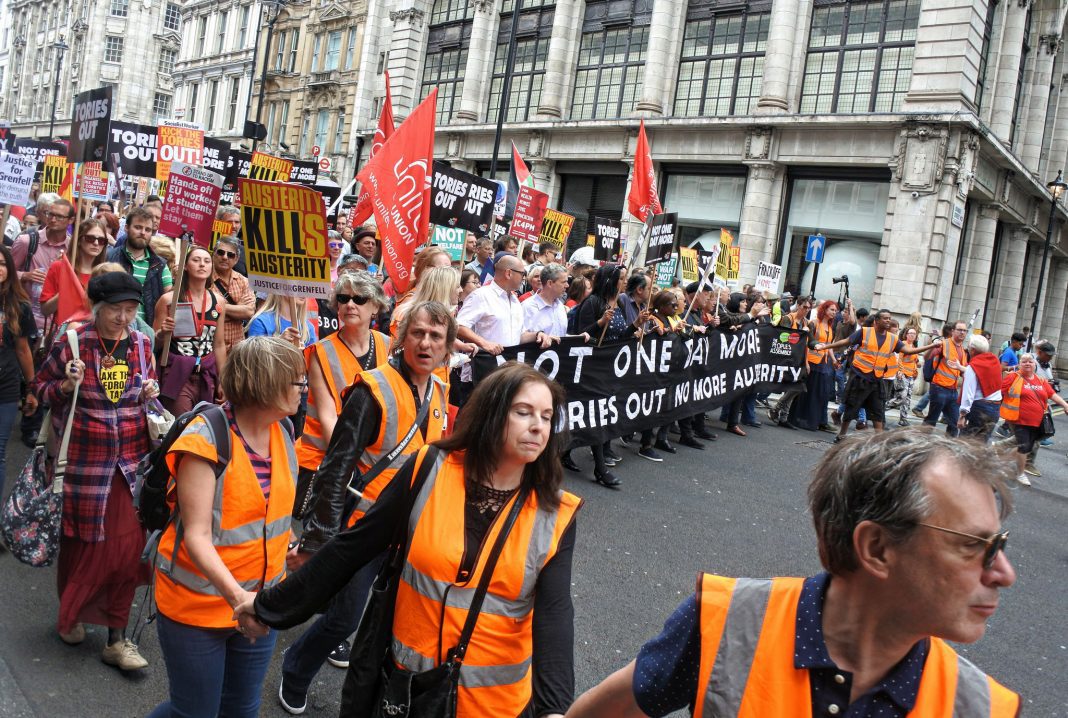Durham County Council is facing a period of difficulty and uncertainty as central government austerity measures continue. And this is likely to mean a hike in council tax.
The council will need to make savings of around £39.5 million over the next four years. This includes a savings requirement of £15.8 million in 2019/20 alone.
The council predicts that between 2011 and 2022/3, £263 million will have been slashed from its budget in total.
Durham County Council will face a cut of £14.2 million in its central-government-funded Revenue Support Grant for 2019/20. This represents a 34% decrease compared to the grant the council received in 2018/19.
Overall, since 2010/11, the council has lost 55% of its central government funding.
All this means increased pressure on vital services, such as children’s social care and special educational needs. These areas are expected to require an additional £12 million in 2019/20 – at the same time as central government cash is being cut.
The council has managed to secure some additional sources of funding from central government. In December, it was announced that the council would receive an additional £1 million for High Needs Dedicated Schools as well as £4.8 million for social care and £2.8 million for winter pressures.
However, the council says this is not nearly enough to cover the shortfalls it is facing in its budget.
And financial pressures on the council could get even greater. A new method for calculating the Public Health Grant – set to be introduced in 2020 – could see the council losing £19 million, which would be the biggest reduction in Britain.
In addition, a policy known as the Fair Funding Review could see government funding shifted from poorer parts of the country – like County Durham – to richer areas.
With all these pressures in mind, the councillors are due to meet next week to discuss Durham County Council’s 2019/20 budget and the Medium Term Financial Plan, which outlines the council’s financial position and spending priorities for the next four years.
At the meeting, councillors will be asked to agree council tax increases. It is proposed that Band D council tax should rise by 2.99% in 2019/20, with an additional 2% increase to fund adult social care. This would equate to Band D households paying an extra £1.45 per week.
Households living in Band A properties – and this covers the majority of council tax payers in County Durham – would need to pay an extra 97 pence per week.
The leader of Durham County Council, Cllr Simon Henig, said, “It is becoming more and more difficult to deliver the savings we need to make as government funding cuts continue to bite.”
“While the government has announced some additional one-off funding for us, it is disappointing that it has not taken the opportunity to fully recognise the pressures facing local government, such as the current increased demand on children’s social care.”
“Even more worrying for us in the longer term are the proposed changes to the way funding is distributed as this could see us hit by further unprecedented reductions in funding and a redirection to more wealthy areas.”
“Government has to take action to address this chronic level of underfunding, which is causing issues right across the country.”
“It cannot be right that public health funding in County Durham is moved to more wealthy areas of the country whose residents enjoy longer life expectancy than we do in the north east.”
“We are still dealing with complex health issues from our industrial past and it would be completely wrong to redistribute our public health funding to other areas of the country that have far less need for it.”
“We have already made representations to the government raising our concerns and, along with our partners, will continue to do so during the Fair Funding Review process.”
The deputy leader of Durham County Council and cabinet member for finance, Cllr Alan Napier, said, “We are seeing a clear pattern from the government of redistributing government funding to more wealthy areas while they expect people in areas such as ours to pay more for services through council tax.”
“We have at least managed to maintain our support for the most vulnerable through our Council Tax Support Scheme, which helps those on the lowest incomes with their council tax bills. We are the only council in the north east to retain the scheme in its original form despite cuts being made by central government.”
(Featured image courtesy of Dun.can from Flickr Creative Commons.)

























